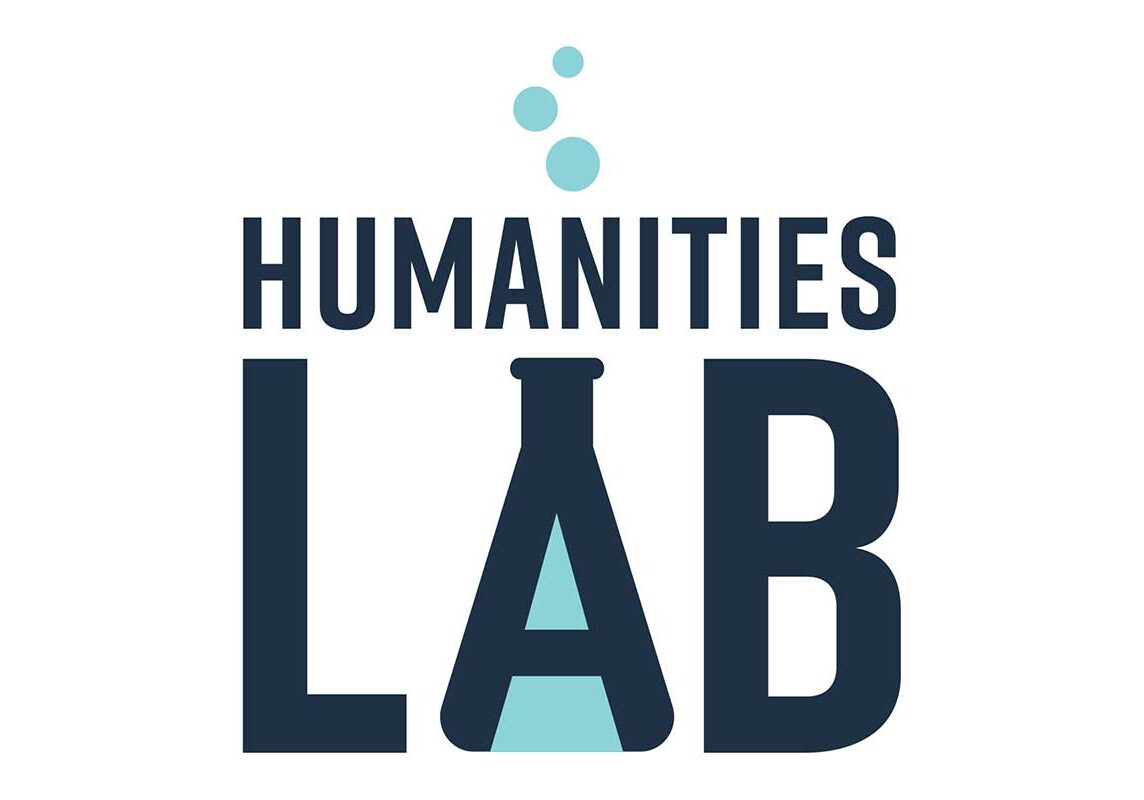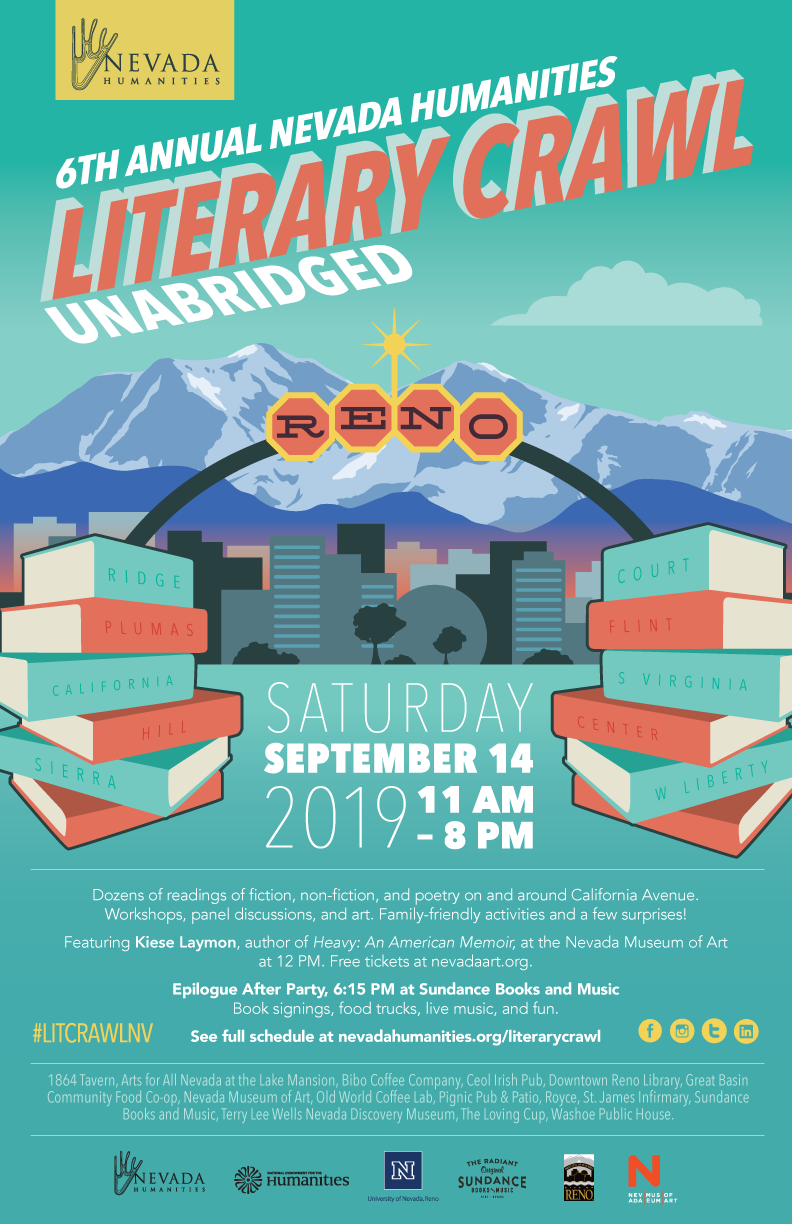Humanities, Free Full-Text
Por um escritor misterioso
Descrição
From the late thirteenth through late seventeenth centuries, a single three-word Latin phrase—sapiens dominabitur astris, or “the wise man will be master of the stars”—proliferated in astrological, theological, philosophical, and literary texts. It became a convenient marker denoting orthodox positions on free will and defining the boundaries of the scientifically and morally legitimate practice of astrology. By combining the methodology of a diachronic historical survey with a microhistorical focus on evolving phraseology, this study argues that closely examining the use of this phrase reveals how debates about the meanings of wisdom, free will, determinism, and the interpretation of stellar influence on human events changed radically across four centuries of Western European cultural and intellectual history. The first half of this article charts the scholastic response to theological criticisms of astrology and the reconciliation of Aristotelian-Ptolemaic cosmology with Catholic theology, paying special attention to its implications for astrology as viewed through scholarly uses of the phrase. The second half of the article shows how the phrase developed a multitude of idiosyncratic meanings in the sixteenth and seventeenth centuries, fracturing its late medieval scholastic unity, as new forms of philosophical, socio-political, religious, and scientific critiques upended astrological beliefs and practices. Ultimately, this paper argues that examining the theory and praxis of astrology through the changing phraseological meanings of “sapiens dominabitur astris” allows historians and cultural anthropologists to better discern the dialectical (as opposed to binary) relationships between free will and determinism in the West.

Alexander Grass Humanities Institute at JHU on X: Click here to apply via Interfolio: / X

PDF) Selected Bibliography for Work in Reading, Literacy, and Pedagogy
From humanism to the humanities : education and the liberal arts in fifteenth- and sixteenth-century Europe : Grafton, Anthony, author : Free Download, Borrow, and Streaming : Internet Archive

BearcatAnthro on X: We're so excited for @afrolatinoed's spring 2024 class HIST 2098 Intro to Black & Latinx Public Humanities & Museum Studies, TR 3:30–4:50pm, HP! @ucAACRC @LatinxEnAccion @UC_EPS @UC_LFA @BFA_UC @UC_ArtSci @

The Dallas Institute of Humanities and Culture
Calendar • Utah Humanities Book Festival

Reading Series: Winter Break Read - Human, All Too Human

Humanities Research Databases, Humanities Journals
These areFilms for Humanities and Sciences. will be FREE! instead of Buy It Now.

Films for Humanities Sciences on DVD; 3rd 1 FREE! documentary/educational ffhs

NJ Council for the Humanities

The Nevada Humanities Literary Crawl — Nevada Humanities

SOLUTION: Essential questions for the humanities - Studypool
de
por adulto (o preço varia de acordo com o tamanho do grupo)







